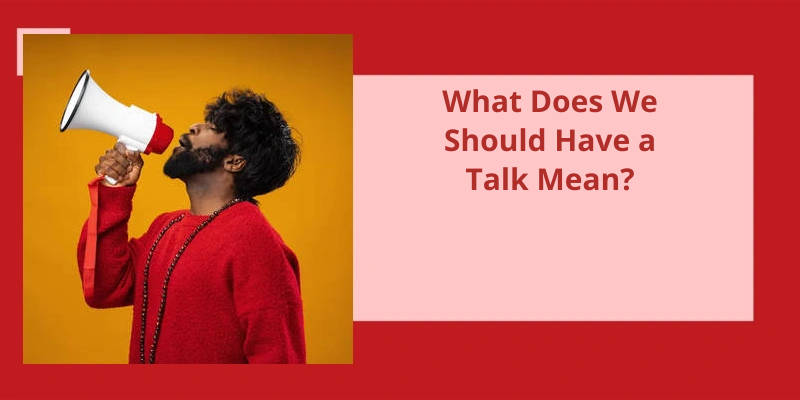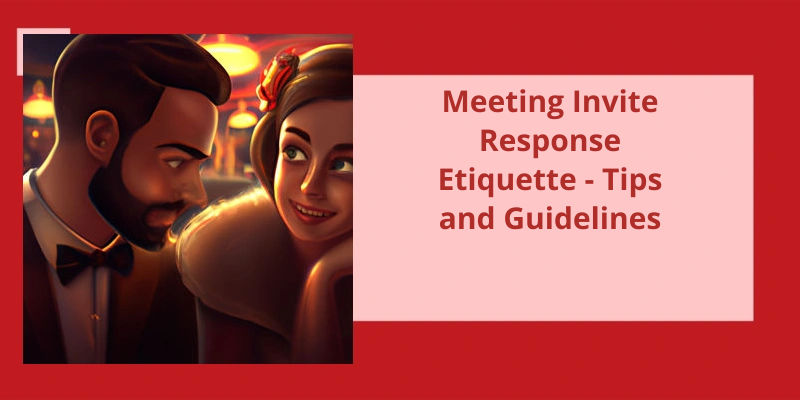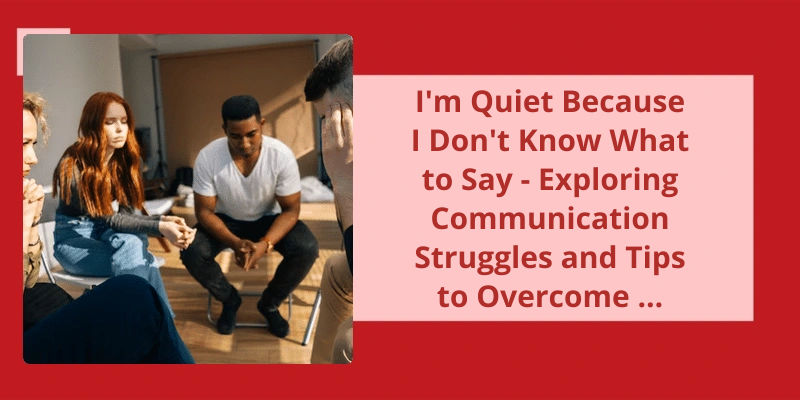The phrase "we should have a talk" carries various meanings depending on the context and the relationship between the individuals involved. While it can evoke a sense of apprehension, it’s crucial to approach it with an open mind and understand that the intent behind this statement is simply to engage in a conversation about a specific matter. The nature of this exchange can range from casual discussions to more serious and profound conversations, depending on the circumstances. The phrase serves as an invitation to address certain issues, share thoughts or concerns, express feelings, or even make important decisions together. Therefore, it’s essential to approach these talks with empathy, receptiveness, and a willingness to engage in open and honest communication.
What Does She Mean by We Need to Talk?
“What does she mean by we need to talk? is a question that can send shivers down anyones spine, especially if youre in a relationship. This seemingly innocent phrase carries a lot of weight and is often an indication that something is seriously wrong. When one person says we need to talk, it’s usually a signal that they’re unhappy with their partners behavior or actions. It can be a sign that their needs aren’t being met or that there’s a breach of trust.
It’s crucial not to dismiss or downplay the seriousness of this phrase. Ignoring or avoiding the conversation can lead to even more strain and damage in the relationship. Instead, it’s important to approach the discussion with empathy and active listening. Both parties must be willing to listen and understand each others perspectives, as this can pave the way for healing and growth. We need to talk should be seen as an opportunity to address issues and work towards a healthier and happier relationship.
While we need to talk often carries negative connotations, it’s worth noting that it can be a catalyst for positive change. By addressing problems head-on, couples have the chance to grow stronger and deepen their connection. It can be an invitation to reassess the relationship and explore ways to improve it’s foundation.
In essence, we need to talk means that there’s a serious problem in the relationship that needs to be discussed. It’s an indication that something is amiss and requires immediate attention. Approaching this conversation with respect, empathy, and a willingness to work through the issues can lead to positive outcomes and stronger relationships. Remember, open communication is key for any healthy partnership.”
How to Navigate Difficult Conversations in a Relationship and Find Resolution
- Listen actively and attentively to the other person’s perspective without interrupting.
- Validate the other person’s feelings and emotions, acknowledging their point of view.
- Stay calm and composed, avoiding defensive or aggressive behavior.
- Choose the right time and place for the conversation, ensuring privacy and minimal distractions.
- Be honest and open about your own feelings and concerns.
- Use “I” statements to express your thoughts and emotions rather than blaming or criticizing the other person.
- Find common ground and shared goals to work towards resolving the issue together.
- Practice active problem-solving and brainstorm potential solutions that are mutually beneficial.
- Take breaks if needed to manage emotions and maintain a productive conversation.
- Seek professional help from a therapist or counselor if necessary to mediate and guide the conversation.
When someone approaches you with the phrase “we need to talk,” various responses may come to mind. You might consider asking for clarification or seeking hints about the topic being addressed. Some individuals may feel apprehensive about the conversation and inquire if it’s a matter of concern. Regardless of your initial response, these situations often require open-mindedness, empathy, and effective communication to navigate them successfully.
How Do You Respond to Someone Who Says We Need to Talk?
When someone says “we need to talk,” it can often create a sense of uncertainty and apprehension. It’s natural to wonder what the conversation will be about and how it will unfold. In response to such a statement, one way to approach it’s by expressing a willingness to engage in the conversation. You might say, “Sure, what do you want to talk about?”. This response shows that you’re open to having a discussion and are ready to address any concerns or topics the person may have.
Another way to respond is by showing your curiosity and requesting more information. By saying, “We can totally talk! Can you give me a hint about what, though?” you’re expressing your willingness to engage in the conversation while also seeking clarity on what the specific topic will be. This response allows the person to provide some context and potentially alleviate any immediate worries you may have.
In addition, you can simply acknowledge their statement and ask for more details. Saying, “Yes. Whats the topic youd like to discuss?” shows that you’re ready to have the conversation but also want to know what it entails. This response allows the person to provide some guidance on what they want to talk about and ensures that both parties are on the same page.
Furthermore, it’s valid to express mild concern about the conversation by asking, “Yeah, we can talk. Is this something I should be worried about?”. By asking if it’s something that should be worried about, you provide the other person with an opportunity to provide reassurance or clarification.
Source: How to respond to a person when they say “can we talk”…
Conclusion
The phrase "we need to talk" carries different meanings for different people, but ultimately, it reflects a desire for open communication and addressing important matters. It’s an invitation to engage in a conversation that can range from casual to serious, depending on the context and the nature of the relationship. We should approach these discussions with an open mind, willing to listen and understand the other person's perspective. Embracing dialogue can lead to growth, understanding, and resolution, ultimately strengthening the connection between individuals.






